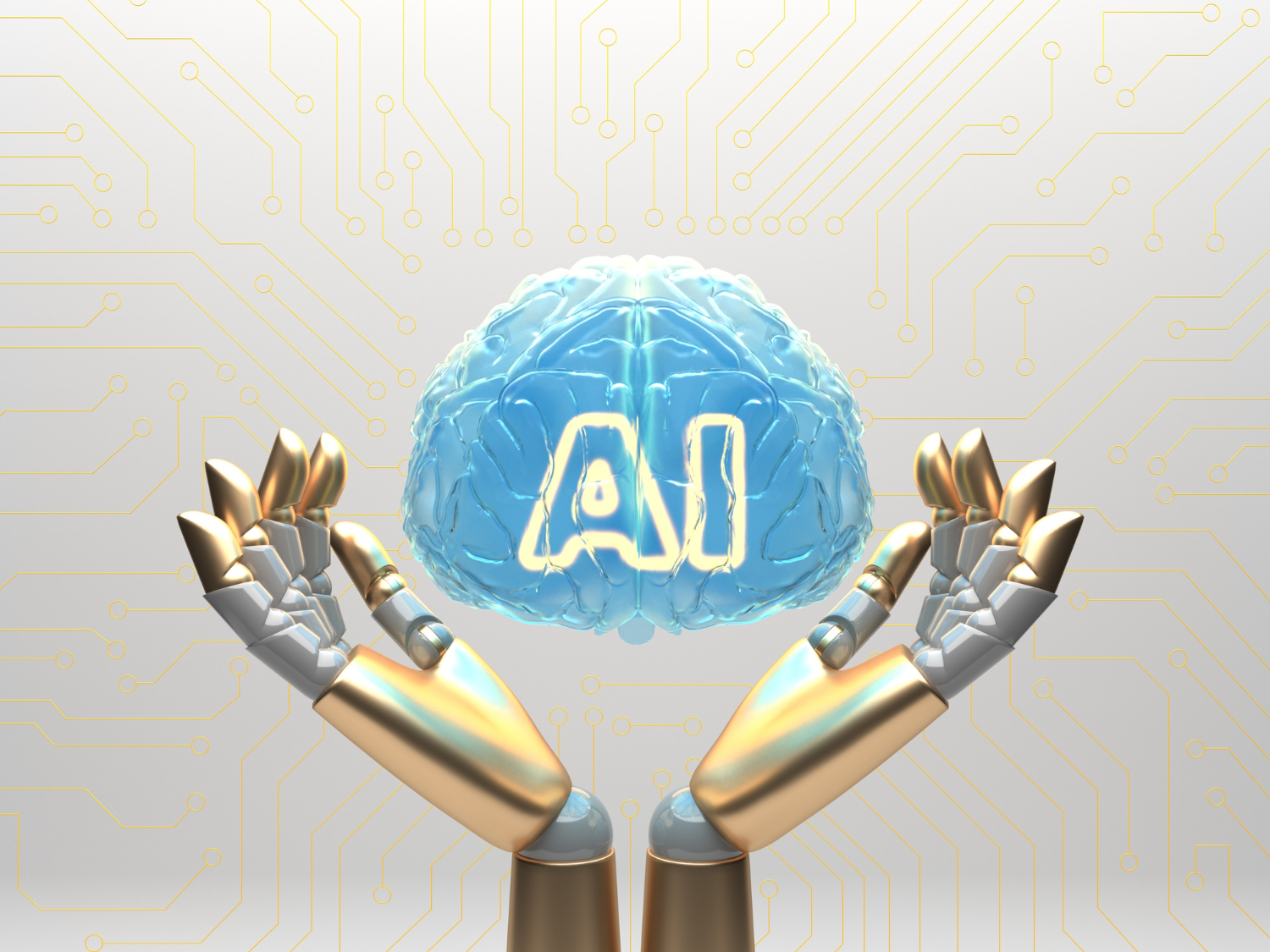
AI and Accessibility: How Modern Tech Is Changing the SEO Game
Search engine optimization isn’t just about keywords anymore. It’s about how users experience your website, especially users who rely on accessibility features to browse and interact with your content.
At the same time, artificial intelligence is rapidly reshaping how we build, optimize, and maintain websites. When AI meets accessibility, the result is a smarter, more inclusive web and a noticeable boost in search performance.
Let’s explore how AI-powered accessibility is changing the SEO game.
What Is Web Accessibility (and Why SEO Cares)?
Web accessibility ensures that your site is usable by people with disabilities, whether they rely on screen readers, voice navigation, or keyboard-only browsing. Google has made it clear: a website that is easy for humans to use is one that performs better in search rankings. You can read more about why Accessibility matter for SEO here.
Accessible websites tend to:
-
Load faster
-
Be better structured
-
Offer cleaner code and navigation
-
Reduce bounce rates
All of which are major ranking factors in modern SEO.
How AI Is Powering Accessible SEO
AI is no longer a future tool—it’s a present advantage. Here’s how it’s making websites both more accessible and more SEO-friendly:
1. Smart Image Recognition and Alt Text Generation
AI tools like Google Vision and OpenAI’s image models can generate context-aware alt text for images. This not only makes your content accessible for screen readers but also boosts image SEO.
2. Automated Accessibility Testing
AI-driven tools can now scan your website for accessibility errors in real-time—flagging missing labels, low contrast, poor structure, and more. Tools like UserWay, Lumar are doing Ai powered audits for users. are Fixing these issues improves usability and, by extension, SEO performance.
3. Voice Search Optimization
With the rise of AI-powered assistants like Siri, Alexa, and Google Assistant, optimizing for voice search is now essential. Sites that are clearly structured and accessible tend to perform better when queries are spoken, not typed. Read more about Voice Search Optimization
4. AI-Assisted Content Structuring
Modern AI tools help writers and developers maintain proper heading hierarchy (H1, H2, H3), which improves screen reader navigation and helps Google understand page context more effectively.
Why Accessibility Boosts SEO
Google’s algorithms are designed to reward user-centric websites. Accessible websites tend to:
-
Be faster due to simpler layouts
-
Reduce confusion with clear navigation and labels
-
Improve mobile usability
-
Increase dwell time and lower bounce rates
When your site works for everyone, it works better for search engines, too.
What This Means for Real Estate, E-commerce, and Beyond
Industries like real estate, where mobile-first browsing is dominant, benefit hugely from AI-powered accessibility. Buyers and users want speed, clarity, and intuitive interaction—AI tools can make that possible without extra manual work.
At Logiduck, we build websites that align accessibility with SEO from the ground up. Whether it’s through automated alt text, semantic structure, or fast mobile experiences, we ensure your digital presence ranks well and works for everyone.
FAQ: AI, Accessibility, and SEO
1. Does web accessibility improve SEO?
Yes. Accessible websites often load faster, have cleaner structures, and provide better user experiences—all of which are key SEO factors.
2. How does AI help with website accessibility?
AI tools can automate alt text, detect accessibility issues, suggest code improvements, and help structure content for screen readers and search engines alike.
3. What’s the connection between voice search and accessibility?
Accessible content is easier for voice assistants to interpret and present. Optimizing for voice search naturally overlaps with accessibility best practices.
4. Can I make my existing site more accessible with AI tools?
Absolutely. AI-driven platforms and plugins can scan your current website, suggest real-time fixes, and even implement changes to improve both accessibility and SEO.
Final Thought:
Accessibility isn’t just good ethics—it’s good SEO. And with AI, it’s easier than ever to build smarter, more inclusive websites that perform.
Need help making your site more accessible and SEO-ready? Let’s talk. Logiduck is here to help.



